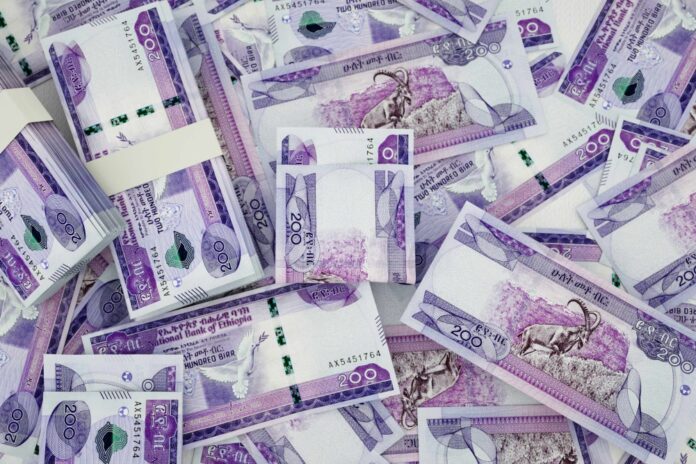Safaricom Telecommunications Ethiopia now has 6.1 million customers, up 47.1% from six months earlier
Vodacom Group’s business in Ethiopia continues to drag on the South African group’s financial performance. In the first half of the 2025 financial year, which finished at the end of September, the group’s earnings before interest, taxes, depreciation and amortisation (EBITDA) fell by 2.7% to ZAR 26.6 billion (rand – €1.4 billion) compared with the same period last year.
This is largely attributable to the plunge in value of the birr, Ethiopia’s currency, in summer and start-up costs associated with Safaricom Telecommunications Ethiopia (STE).
The plummet in the birr followed a decision by the Ethiopian government to allow its currency to trade freely as part of its liberalisation programme, instead of being pegged to the American dollar. In late August, the birr had fallen 90% against the US dollar in a month.
Direct and indirect consequences
Vodacom Group suffered both indirectly and directly from its involvement in STE. It gained an operating licence in 2021, breaking the monopoly of the government-owned, national operator Ethio Telecom.
STE launched telephony services in 2022 and M-Pesa mobile money service a year later. Kenya’s Safaricom is the majority stakeholder with a 55.7% share, in which Vodacom Group effectively holds 39.4% – the ownership structure is somewhat complex.
In the first half of 2024, Safaricom’s contribution to Vodacom Group’s operating profit was ZAR 1.3 billion, a fall of 17%, compared to the first half of last year.
Vodacom also has a direct 5.7% stake in STE – other stakeholders include Japan’s Sumitomo Corporation, Vodafone (see today’s Vodafone Group H1 FY 2025 results here) and British International Investment.
Hence the operating profit at Vodacom’s international business segment dropped by more than half, to ZAR 995 million.
Dramas aside, strong growth
Without this and, as the Vodacom group puts it, “related remeasurement of foreign denominated assets and liabilities” plus some other, much less damaging negative factors, EBITDA would have risen by just short of 8.5% on a “normalised” basis.
Group revenue was up 1% to ZAR 74 billion in the same half, which Vodacom framed as a considerable achievement given the fall in the birr.
M-Pesa revenue grew by 6.4% to €200 million, and now represents 27.0% of service revenue in Vodacom’s international markets.
On this normalised basis, the group’s top line grew by nearly 10% and Safaricom stated there is “strong commercial momentum” in Ethiopia. As of 30 September 2024, STE had 6.1 million customers, up 47.1% from six months earlier. Also, it had built more than 3,000 more base station sites, with capex of ZAR 3.9 billion.
However, in the light of recent currency reforms in Ethiopia, Safaricom has revised STE’s EBITDA break-even schedule from the 2026 financial year to 2027. It also upped its expected loses for the current year’s earnings before interest and taxes (EBIT) by KES15 billion (Kenyan shillings or €107.85 million) to between KES 58 billion and KES 61 billion.



